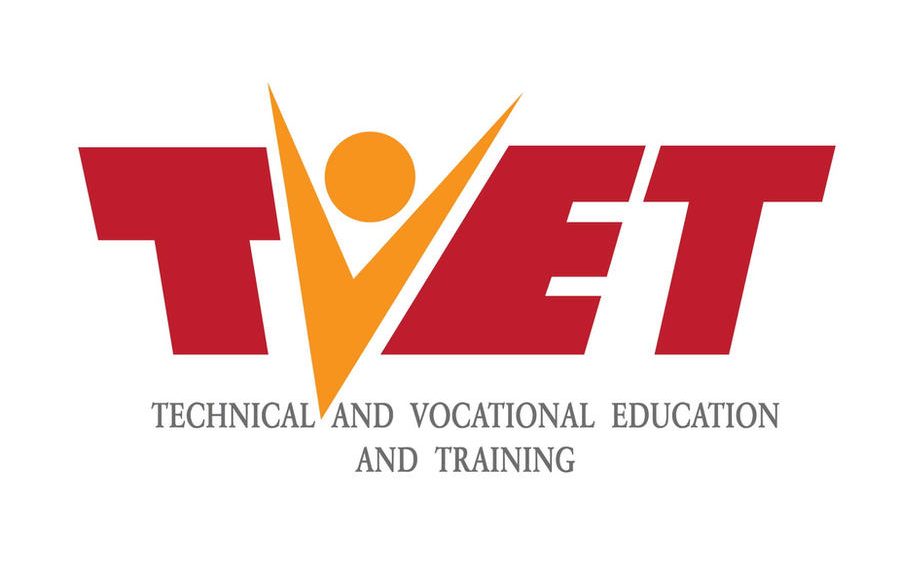Ghana must urgently prioritize initiatives that create job opportunities and foster self-employment among the youth to tackle the rising unemployment rate. While policies like the NDC’s proposed 24-hour economy may sound promising, they are unlikely to materialize without key reforms in the education sector. Achieving sustainable development requires a greater emphasis on technical and vocational skills that will equip students with practical abilities for various industries, ultimately enhancing their employability.
Technical Vocational Education and Training (TVET) has proven successful in reducing youth unemployment in many countries by providing a skilled workforce that meets the demands of industries. TVET can also drive innovation and increase productivity by offering specialized training to young people. Focusing on students with talents in science and technology will be crucial in aligning the workforce with available job openings, thereby reducing unemployment.
Encouraging and sponsoring students to pursue TVET courses not only eases the government’s burden of employing less-privileged individuals but also fosters self-employment and small business development. Furthermore, TVET contributes to sustainable practices through training in green technologies and industries, creating a workforce that can drive economic growth and social progress.
To realize the full potential of TVET, Ghana must invest in teacher training, providing instructors with the necessary skills to transfer practical knowledge to students. Addressing infrastructure gaps, such as improving accommodations, libraries, laboratories, and technology centres at TVET institutions, will also enhance the learning environment and attract more students to these programs. Ultimately, the future of Ghana’s economy depends on prioritizing TVET as a key driver of youth employment and national development.









